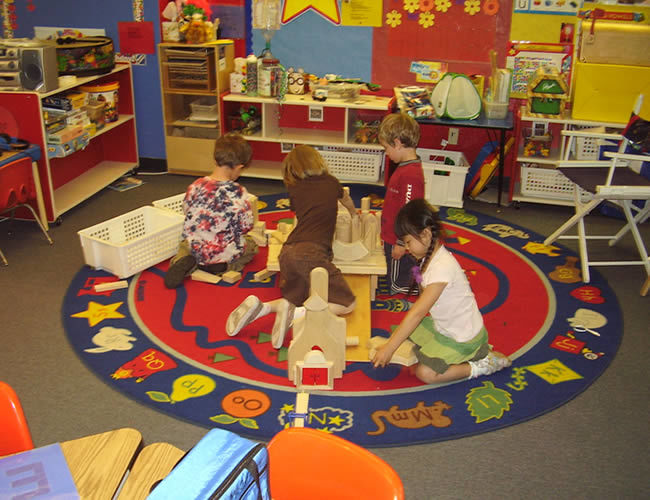Memphis voters will decide in November if they want to pay higher taxes to make up for a loss in federal pre-kindergarten funding — despite a state comptroller’s report that the programs have no lasting benefits.
With support from the Memphis City Council and the Greater Memphis Chamber, the public relations firm Sutton Reid is overseeing an advertising campaign designed to convince voters to support a sales tax increase.
If voters approve the measure, Memphis residents will pay a half a percentage point increase in sales taxes on non-food purchases, from 9.25 percent to 9.75 percent, said Sutton Reid representative Steven Reid.
“We think this is the ultimate game changer for Memphis, the potential to make sure these kids are covered,” Reid said.
“It will have a huge impact on the future of Memphis down the line. We see the potential for less poverty, less juvenile crime and more graduation and people getting through the system.”
Fleeting Benefits for Few
According to a report that the state Comptroller’s Office released in 2010, some students who attend pre-K programs perform better during their first two years of school.
The benefits of pre-K for the most part, however, are limited to economically disadvantaged students during kindergarten and first grade. Those same students, though, did not perform measurably better in the second grade or beyond, according to the report.
Christian Ross, spokesman for the Shelby County School System, could not explain why the federal government made $8.2 million in cuts to the program. He did say, however, that the program serves about 3,000 students in the county, and the cuts translate to about 900 fewer students.
City Council members voted unanimously in support of having the referendum, which will take place on an unscheduled date in November, said Greater Memphis Chamber spokeswoman Christina Meek.
Christopher Butler ([email protected]) reports for TennesseeWatchdog.org, where this article first appeared.




